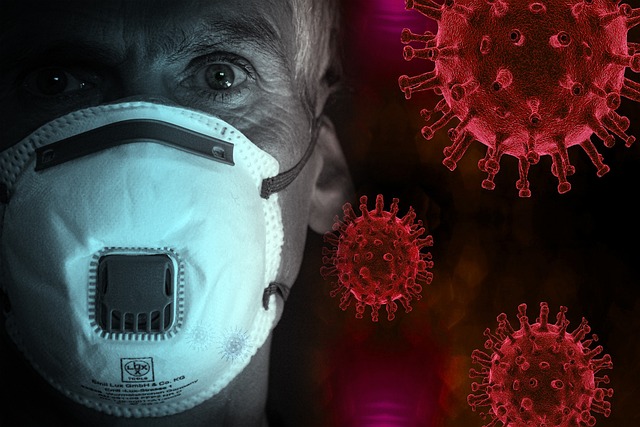Real-World Effectiveness of the BNT162b2 (Pfizer-BioNTech) COVID-19 Vaccine Against Severe Infections and Diseases in Children and Adolescents
Background:
The efficacy of the BNT162b2 vaccine in pediatrics was evaluated in randomized trials before the emergence of the Omicron variant. The long-term durability of vaccine protection in this population during the Omicron period remains limited.
Aim:
To evaluate the efficacy of BNT162b2 in preventing severe infections and diseases with various strains of the SARS-CoV-2 virus in previously uninfected children and adolescents.
Design:
Comparative effectiveness investigation that takes into account undeclared vaccination in 3 study cohorts: adolescents (12 to 20 years) during the Delta phase and children (5 to 11 years) and adolescents (12 to 20 years) during the Omicron phase.
Setting:
A National Pediatric Health Systems Collaborative (PEDSnet).
Participants:
77,392 adolescents (45,007 vaccinated) during the Delta phase and 111,539 children (50,398 vaccinated) and 56,080 adolescents (21,180 vaccinated) during the Omicron phase.
Intervention:
First dose of the BNT162b2 vaccine versus not receiving the COVID-19 vaccine.
Measurements:
Outcomes of interest include documented infection, COVID-19 disease severity, admission to an intensive care unit (ICU), and cardiac complications. Efficacy was reported as (1-relative risk)*100, with confounders balanced by propensity score stratification.
Results:
During the Delta period, the estimated efficacy of the BNT162b2 vaccine was 98.4% (95% CI, 98.1% to 98.7%) against documented infection among adolescents, with no statistically significant decrease after receiving the first dose.
An analysis of cardiac complications did not suggest a statistically significant difference between the vaccinated and unvaccinated groups.
During the Omicron period, efficacy against documented infections among children was estimated to be 74.3% (CI, 72.2% to 76.2%). Higher levels of efficacy were observed against moderate or severe COVID-19 (75.5% [CI, 69.0% to 81.0%]) and ICU admission with COVID-19 (84.9% [CI , 64.8% to 93.5%]).
Among adolescents, the effectiveness against documented Omicron infection was 85.5% (CI, 83.8% to 87.1%), 84.8% (CI, 77.3% to 89.9%). against moderate or severe COVID-19, and 91.5% (CI, 69.5% to 97.6%) against ICU admission with COVID-19.
The efficacy of the BNT162b2 vaccine against the Omicron variant decreased 4 months after the first dose and then stabilized. The analysis showed a lower risk of cardiac complications in the vaccinated group during the Omicron variant period.
Limitation:
Observational study design and potentially undocumented infection.
Conclusion: This study suggests that the BNT162b2 vaccine (Pfizer-BioNTech) was effective for various COVID-19-related outcomes in children and adolescents during the Delta and Omicron periods, and there is some evidence that its effectiveness decreases over time. |
Discussion
In conclusion, this study involving national pediatric cohorts in the United States estimates moderate effectiveness of the BNT162b2 vaccine in preventing severe infection and disease from the Omicron variant of SARS-CoV-2 and high effectiveness against the Delta variant.
The study shows a lower risk of cardiac complications among children and adolescents who were vaccinated during the Omicron period and no significant difference between the vaccinated and unvaccinated groups during the Delta period.
Our assessment of vaccine efficacy across multiple outcomes underscores the vaccine’s critical role in reducing SARS-CoV-2 transmission, minimizing COVID-19-related sick leave, and alleviating economic burdens. during the pandemic.
This study contributes substantially to our knowledge of the BNT162b2 vaccine in the US pediatric population using a rigorously designed CER method that accounts for incomplete capture of vaccination status in EHR data in the United States.
Primary funding source: National Institutes of Health (NIH).
















